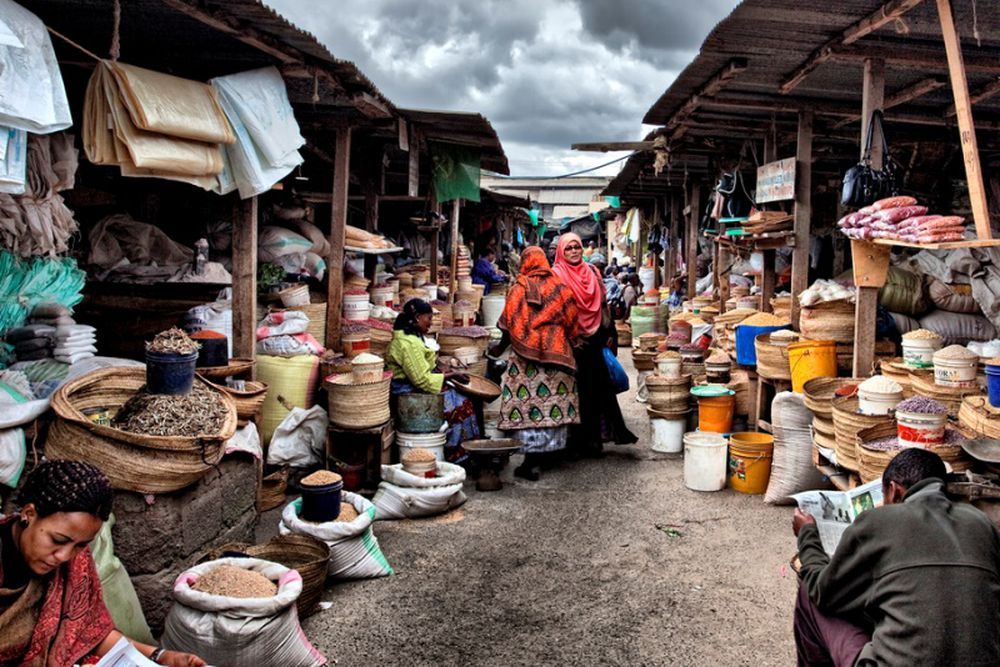In recent years, Tanzania has witnessed a remarkable surge in the gig economy, opening doors to numerous opportunities for its citizens to explore flexible freelance work options. The gig economy, characterized by short-term contracts and independent work, has provided a platform for Tanzanians to monetize their skills and talents in various fields. However, this burgeoning sector also presents its fair share of challenges, including job insecurity and the absence of traditional employee benefits. Let’s delve into the definition of the gig economy, examine its remarkable growth in Tanzania, explore the opportunities and challenges it brings, and offer essential tips for Tanzanians considering venturing into this dynamic economic landscape.
The Gig Economy Concept
The gig economy, often called the freelance or on-demand economy, is an emerging work paradigm where individuals engage in temporary, project-based work rather than pursuing conventional full-time employment. Gig workers are typically independent contractors, offering their services through online platforms and connecting with clients per task. The rise of digital technology and the proliferation of internet access have played a pivotal role in facilitating the gig economy’s growth, transcending geographical barriers, and providing access to a global marketplace of opportunities.
How about its growth in Tanzania? A country rich in cultural diversity and entrepreneurial spirit has witnessed a remarkable gig economy expansion in recent years. The economy has given Tanzanians a unique chance to harness their talents and skills, from graphic design and content writing to web development and digital marketing. Online platforms and mobile apps have become a hub for connecting gig workers with potential clients, offering many opportunities for remote work. This digital revolution has empowered Tanzanians, especially the youth, to break free from traditional employment models and embrace the autonomy and flexibility that the gig economy provides.
Undoubtedly, the gig economy in Tanzania has opened doors to many opportunities for individuals seeking alternative income streams. Freelancers can work on multiple projects, collaborate with clients from different parts of the world, and build diverse experiences. Additionally, the gig economy provides a means for Tanzanians living in rural or underserved areas to access global markets, thus reducing the urban-rural economic divide.
However, it is crucial to acknowledge that the economy also poses several challenges, primarily centered on the lack of job security and benefits. Gig workers often grapple with inconsistent income streams, making it challenging to predict their financial stability. Moreover, the absence of employee benefits, such as health insurance, retirement plans, and paid leave, leaves gig workers vulnerable and financially unprepared during emergencies or periods of illness. The gig economy can also be competitive, and finding reliable clients is difficult.
Another concern arises from the digital divide within Tanzania, where access to stable internet connectivity and the necessary technology can hinder individuals from fully participating in the gig economy. Addressing these disparities is essential to ensure all Tanzanians have equal opportunities to leverage the gig economy’s potential.
Tips for Tanzanians Considering Entering the Economy
For Tanzanians contemplating entering the gig economy, there are several vital tips to consider:
- Identify and Hone Your Skills: Take stock of your strengths and interests and invest time honing your skills. Whether graphic design, writing, programming, or marketing, building a solid skill set will increase your marketability as a gig worker.
- Utilize Online Platforms: Leverage online platforms and mobile apps to showcase your skills and connect with potential clients. Websites like Upwork, Fiverr, and Freelancer are excellent places to build your freelance career.
- Network and Build Relationships: Networking is crucial in the gig economy. Cultivate relationships with clients and fellow freelancers, as positive word-of-mouth can lead to more opportunities and collaborations.
- Manage Finances Wisely: Given the unpredictable nature of gig work, it’s essential to manage your finances prudently. Create a budget, set aside emergency funds, and plan for periods of irregular income.
- Pursue Professional Development: Stay updated with industry trends and invest in continuous learning. Upskilling and staying relevant will make you more competitive in the ever-evolving gig economy.
- Negotiate Fairly: Don’t undervalue your work. Be confident in negotiating fair compensation for your services and deliverables. Respect your expertise and time.
A Perspective on the Economy
As a Tanzanian who has been working in the gig economy for the past few years, I believe that the gig economy has the potential to be a powerful force for good in Tanzania by providing opportunities for people to earn an income and build their skills. The economy can be a good option if you are a Tanzanian looking for flexible work arrangements. However, it is essential to be aware of the challenges of the gig economy before you make a decision. I encourage you to research and talk to other gig workers before deciding whether the gig economy suits you.
The rise of this economy in Tanzania has provided countless opportunities for Tanzanians to embrace flexibility and autonomy in their work lives. With the growth of digital technology and online platforms, the gig economy offers a gateway to a global marketplace, transcending geographical limitations and empowering individuals to monetize their skills. However, the economy has challenges concerning job security and the absence of traditional employee benefits. To navigate this dynamic landscape successfully, Tanzanians must be proactive, resilient, and equipped with suitable skills.

